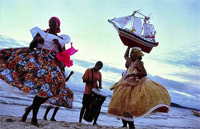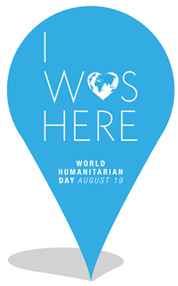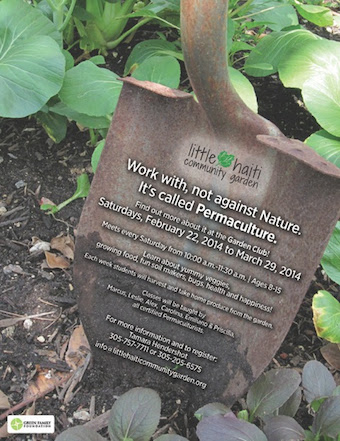News and Events

23 August: International Day for the Remembrance of the Slave Trade and of its Abolition

The night of 22 to 23 August 1791, in Santo Domingo (today Haiti and the Dominican Republic) saw the beginning of the uprising that would play a crucial role in the abolition of the transatlantic slave trade.
International Day for the Remembrance of the Slave Trade and its Abolition is intended to inscribe the tragedy of the slave trade in the memory of all peoples. In accordance with the goals of the intercultural project "The Slave Route", it should offer an opportunity for collective consideration of the historic causes, the methods and the consequences of this tragedy, and for an analysis of the interactions to which it has given rise between Africa, Europe, the Americas and the Caribbean.
The Director-General of UNESCO invites the Ministers of Culture of all Member States to organize events every year on that date, involving the entire population of their country and in particular young people, educators, artists and intellectuals.
International Day for the Remembrance of the Slave Trade and its Abolition was first celebrated in a number of countries, in particular in Haiti (23 August 1998) and Goree in Senegal (23 August 1999). Cultural events and debates too were organized. The year 2001 saw the participation of the Mulhouse Textile Museum in France in the form of a workshop for fabrics called "Indiennes de Traite" (a type of calico) which served as currency for the exchange of slaves in the seventeenth and eighteenth centuries.
Circular CL/3494 of 29 July 1998 from the Director-General to Ministers of Culture invites all the Member States to organize events to mark 23 August each year.
The UNESCO Executive Board adopted Resolution 29 C/40 at its 29th session.
In a move that will bring greater access to health services, personalized health education and a distinctly personal touch to South Florida's most vulnerable communities, the College of Medicine has created a novel program that stands poised to revolutionize the way medical students are taught.
The Green Family Foundation NeighborhoodHELP (Health Education Learning Program), a core component of the College of Medicine curriculum, is as progressive as it is inspired.
The idea is this: Send interdisciplinary teams of FIU students into communities of need to track and monitor the health of families throughout those students' education. Each team, which will work with 1-2 households, will include a medical student and his or her counterpart in social work, nursing and public health. Eventually, the teams will also include students studying business and law.
College of Medicine leaders are not aware of any other program in the country that offers students the opportunity to follow households for four years in their homes, providing unedited glimpses into the lives of the uninsured and under-insured.
College of Medicine leaders hope the program will help FIU graduate compassionate physicians, doctors attuned to the cultural complexities and harsh realities of our community's underserved populations.
"This isn't just about visiting a family for six weeks. This is about real learning," says Pedro Jose "Joe" Greer, M.D., assistant dean of academic affairs in the College of Medicine. "This is not about us just taking, it's about us giving and improving. It's about what a physician is about." Students will collect baseline and follow-up data, identifying health concerns that will be addressed with health care providers and the households and families in their continued visits. As their education progresses, the teams of students will continue working with households to implement and refine care plans in collaboration with the patients' health care providers.
Neighborhoods participating in the program will be identified in collaboration with community partners.
College of Medicine Dean Dr. John Rock hopes that the one-of-a-kind program will help reduce emergency room visits, improve health literacy and increase preventive care at the same time that it uplifts a community.
Says Rock, "This is our way of developing socially responsible physicians of tomorrow."
 2012 Theme: "I Was Here"
2012 Theme: "I Was Here"
World Humanitarian Day is a time to recognize those who face danger and adversity in order to help others. The day was designated by the General Assembly to coincide with the anniversary of the 2003 bombing of the United Nations headquarters in Baghdad, Iraq, which killed 22 UN staff.
Every day humanitarian aid workers help millions of people around the world, regardless of who they are and where they are. World Humanitarian Day is a global celebration of people helping people.
This year’s campaign "I Was Here" is about making your mark by doing something good, somewhere, for someone else.
To show your support for World Humanitarian Day visit www.whd-iwashere.org
More Articles ...
Search
Featured
| » | See how the Green Family Foundation NeighborhoodHELP program at FIU changes lives |
| » | Purchase Alan Lomax In Haiti: Recordings For The Library Of Congress, 1936-1937, nominated for two GRAMMY Awards. |
 A Documentary by Kimberly Green
A Documentary by Kimberly Green
| » | View Trailer |
| » | Learn More |
| » | Watch GFF President Kimberly Green's CGI Stories segment about the music of Alan Lomax. |









